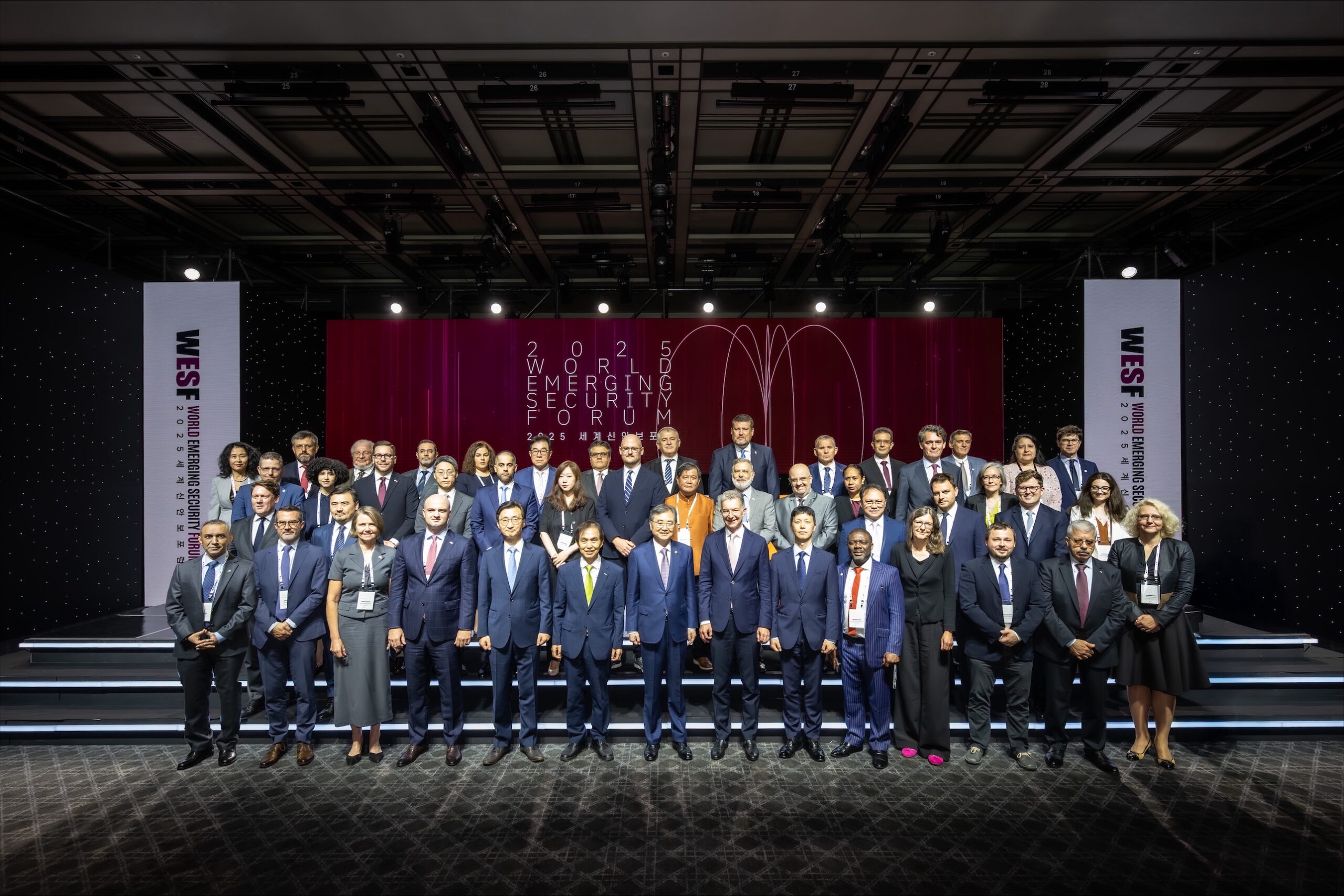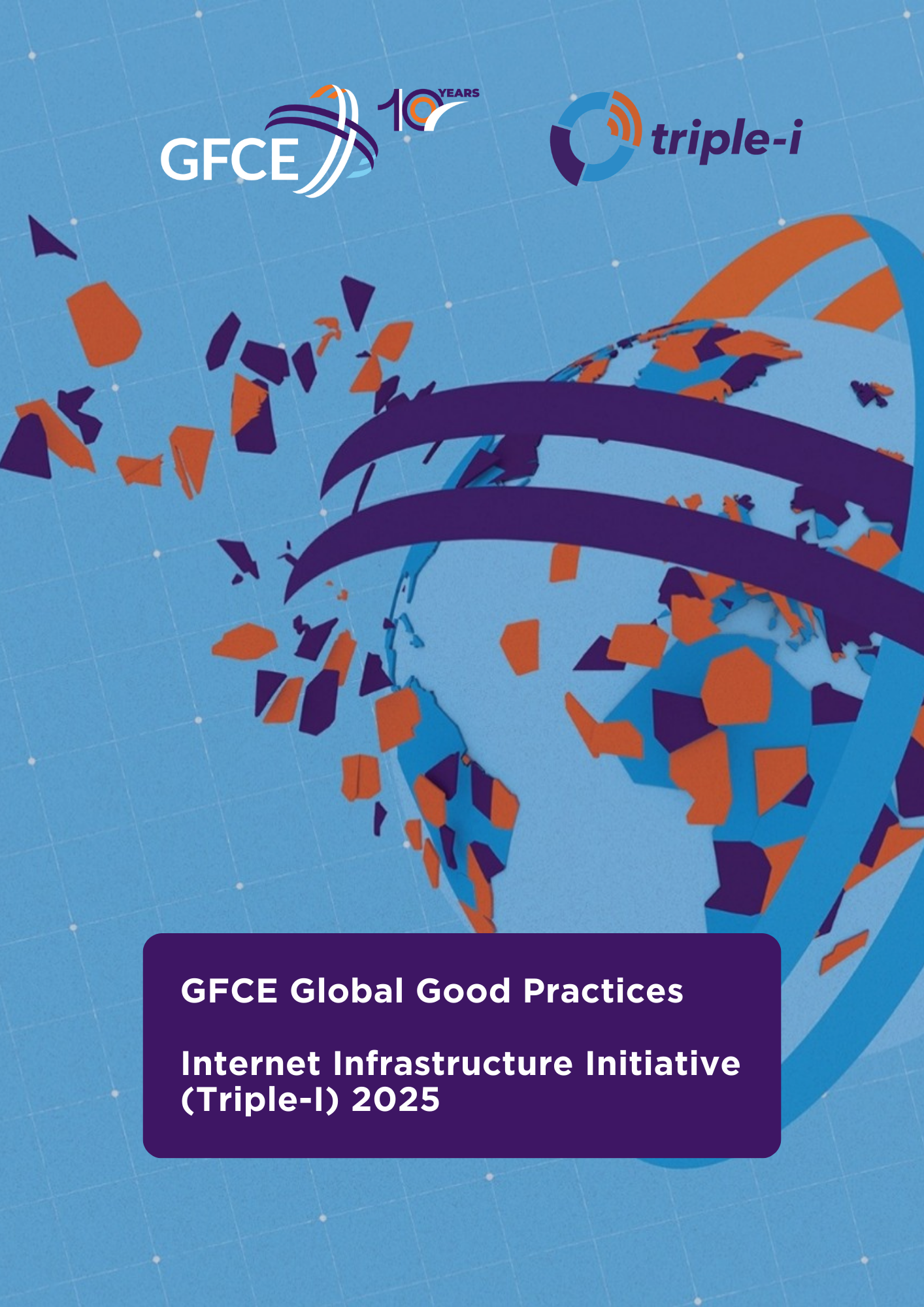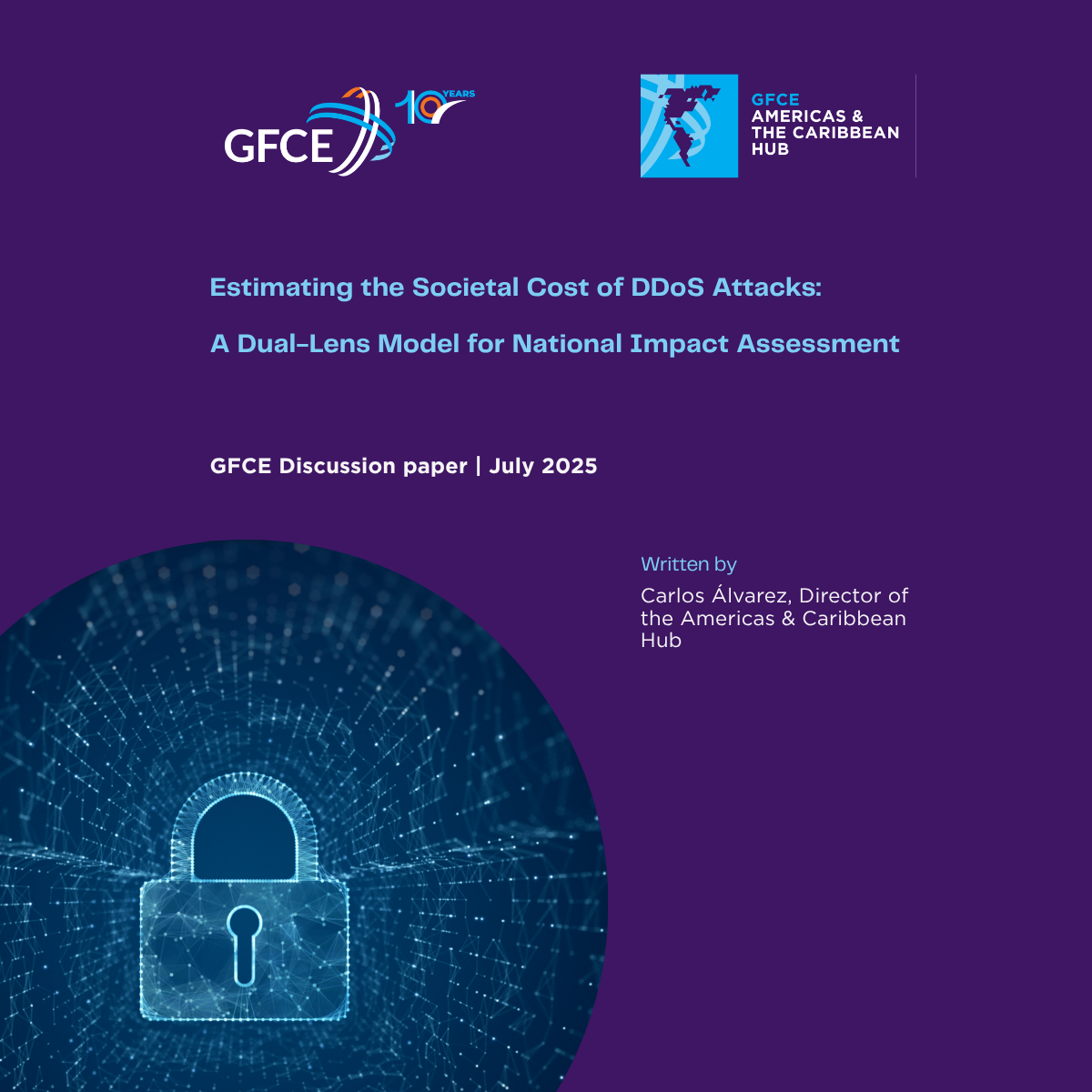The Hague, August 2025 – The Global Forum on Cyber Expertise (GFCE) has released the updated edition of its Internet Infrastructure Initiative (Triple-I) Handbook, a practical guide designed to help governments, businesses, and civil society improve trust in the Internet through the adoption of open security standards and good practices.
The new version reflects the growing urgency of securing the Internet’s core infrastructure in an era of increasing cyber threats and accelerating technological change. It brings a stronger focus on routing security, DNS security, and e-mail authentication.-.the building blocks of a resilient and trustworthy Internet.
“The economic and social benefits of the Internet depend on justified trust,” said Maarten Botterman, coordinator of the GFCE Triple-I Initiative. “With this updated Handbook we aim to equip stakeholders worldwide with the knowledge, standards, and practices that make the Internet more secure for everyone.”
Key Updates in the 2025 Edition
- Routing Security: Expanded guidance on the deployment of RPKI, ROA, and BGP security measures, complemented by the global MANRS initiative to foster community adoption.
- DNS Security: New emphasis on DNSSEC, DANE, and ICANN’s KINDNS initiative, alongside proactive measures against DNS abuse.
- E-mail Security: A reinforced section on DMARC, SPF, and DKIM, highlighting their role in combating phishing and spoofing, and recognition of DMARC analytics platforms as key enablers.
- Preparing for the Future: New chapters addressing the implications of quantum computing and artificial intelligence for Internet security, stressing the need for crypto-agility and secure-by-design AI systems.
- Good Practices: Updated case studies, including Swiss banks’ pioneering adoption of SCION for sovereign networking and the EU’s collaborative DDoS defense model.
A Global Resource for Capacity Building
The Handbook is intended for policymakers, regulators, ISPs, technical operators, and civil society actors. It outlines good practices such as establishing national multi-stakeholder platforms, launching Internet standards awareness websites, and creating economic incentives for adoption.
It also underlines the importance of capacity-building workshops – already proven effective in GFCE Triple-I regional events since 2018 – as a means to translate global standards and practice into local action.
Collaboration at the Core
The updated Handbook was developed with input from leading organizations including ICANN, the Internet Society, Global Cyber Alliance, Regional Internet Registries (AFRINIC, APNIC, LACNIC, RIPE NCC), SCION Association, EasyDMARC, M3AAWG, and others.
Since its launch in 2016 at the African Internet Summit in Kampala, Uganda, the Triple-I Initiative has served as a collaborative platform for raising awareness, sharing practices, and driving adoption of Internet standards worldwide.
The updated GFCE Triple-I Handbook (2025 edition) is now available below:



